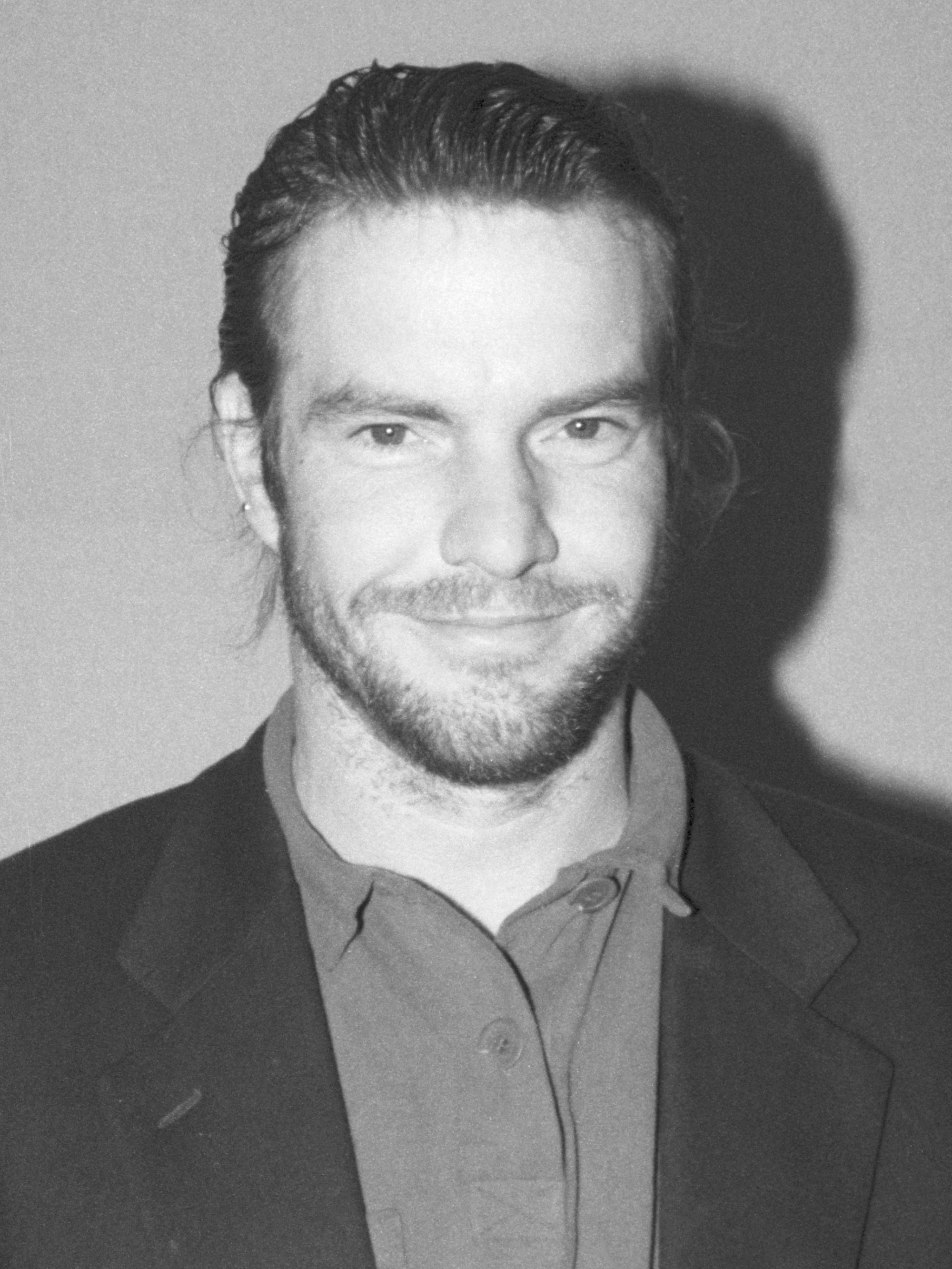
- Interviews
Dennis Quaid, 1990: “They were Americans who were put in prison camps”
Dennis Quaid, Golden Globe nominee for Far From Heaven by Todd Haynes and for the TV movie The Special Relationship in which he played Bill Clinton, will next play Ronald Reagan in the 2022 movie Reagan. In these times of increased anti-Asian hatred, we go back to 1990, when Quaid was interviewed by the journalists of the Hollywood Foreign Press for Come See the Paradise, written and directed by Alan Parker. In Paradise he played the husband of a Japanese American woman (Tamlyn Tomita) held in an internment camp in Manzanar, California, during World War II, reuniting with his wife and daughter in 1950.
The actor was not aware of this shameful episode of American history, before reading the script: “I briefly heard about this when I was in college, but not in a classroom. This is one part of American history that was never taught in high school and not even the teachers knew about it. So, I was basically unawares about it, as most Americans are, and that’s the reason that, when I received this script from Alan Parker, who had done a very passionate rendering of the story, I thought it was a very important story to be told.”
He explained why Americans of Japanese descent were sent to internment camps in California after Pearl Harbor, for fear that they might provide information to the enemy: “That happened when the Japanese attacked this country, but these people were not Japanese, they were Americans, Japanese Americans who were put in prison camps, incarcerated. And it had nothing to do with their politics, it had to do with their faces, with the way they looked. People do outrageous things out of fear and ignorance, and that’s wrong; those are some of the basest of human emotions, so everybody needs to stand up against that, because it’s a very dangerous thing. There were many Japanese Americans troops who distinguished themselves in World War II as soldiers over in France; one regiment was decorated in Italy. So, we have to get down to being better human beings in this world.”
Quaid agreed with the famous saying by Winston Churchill that ‘Those who fail to learn from history are doomed to repeat it. “Growing up in Houston, Texas, we never heard about this in history class, and that’s as much a perpetuation of the crime as the actual deed, because to not learn about something means that it can be repeated. The constitution was broken at that time and that’s the reason that it’s hidden in our history, because once you break the Constitution then you can break it again. So, the reaction was to ignore it, but it’s something that really should be told, otherwise it could happen again, unless you learn from the lessons of the past.”
He realized how this intolerance for other races and religions could become a problem again: “In the United States, we’re a melting pot of all different kinds of nationalities and races. But look at what’s happening right now with the Arab American situation. People from the Middle East in this country who are Americans, they’re not even Iraqis, are getting harassed these days, they are being persecuted already, and that’s how it starts. The next thing you know you could have innocent peoples’ stores being vandalized, and in the name of law and order you may be going to quarantine these people, then to lock them up in a concentration camp for their own protection.”
He praised the Civil Liberties Act of 1988 that gave surviving Japanese Americans reparations and a formal apology by President Reagan for their incarceration during World War II: “These Japanese-Americans had their homes and all their property taken away from them and they never got it back. They were only allowed to keep what they could carry on their backs, and they were taken to what essentially were prison camps. Imagine having your house, your car and your livelihood taken away from you, and nobody even says they’re sorry. Then you have to wait forty-five years to even get some sort of repayment. It’s a really good thing that this bill went through, at least the symbol of it is some acknowledgment that this happened on the part of the government, that they shattered lives and families; but they’ll never be able to pay this back.”
In the 2021 movie American Underdog Quaid played Dick Vermeil, the retired NFL Football coach, who returned to lead the St. Louis Rams and win the Super Bowl in 1999. He believed in that concept 30 years ago and was not inspired by a coach but by a teacher to become an actor. “I always had a commitment for the underdog, almost to a fault, but I’m not radical or angry in my politics. I found myself at the University of Houston not knowing what I wanted to do and there was this drama teacher there, his name was Cecil Pickett, and all of a sudden within two weeks I knew what I wanted to do. He showed us how acting was a craft, an art, he really inspired me in the way that he taught it, so I found that it was something that I could do, because I’m interested in human nature. I was never able to hold down a regular job for more than two or three months at a time, I’d always get fired from it. So, acting works out fine for me because in playing a different role you get into a different world, you learn a different subject, and you don’t even get fired for it, it’s just over with, then you go on to the next job. And I like a lot of diversity in my life.”

